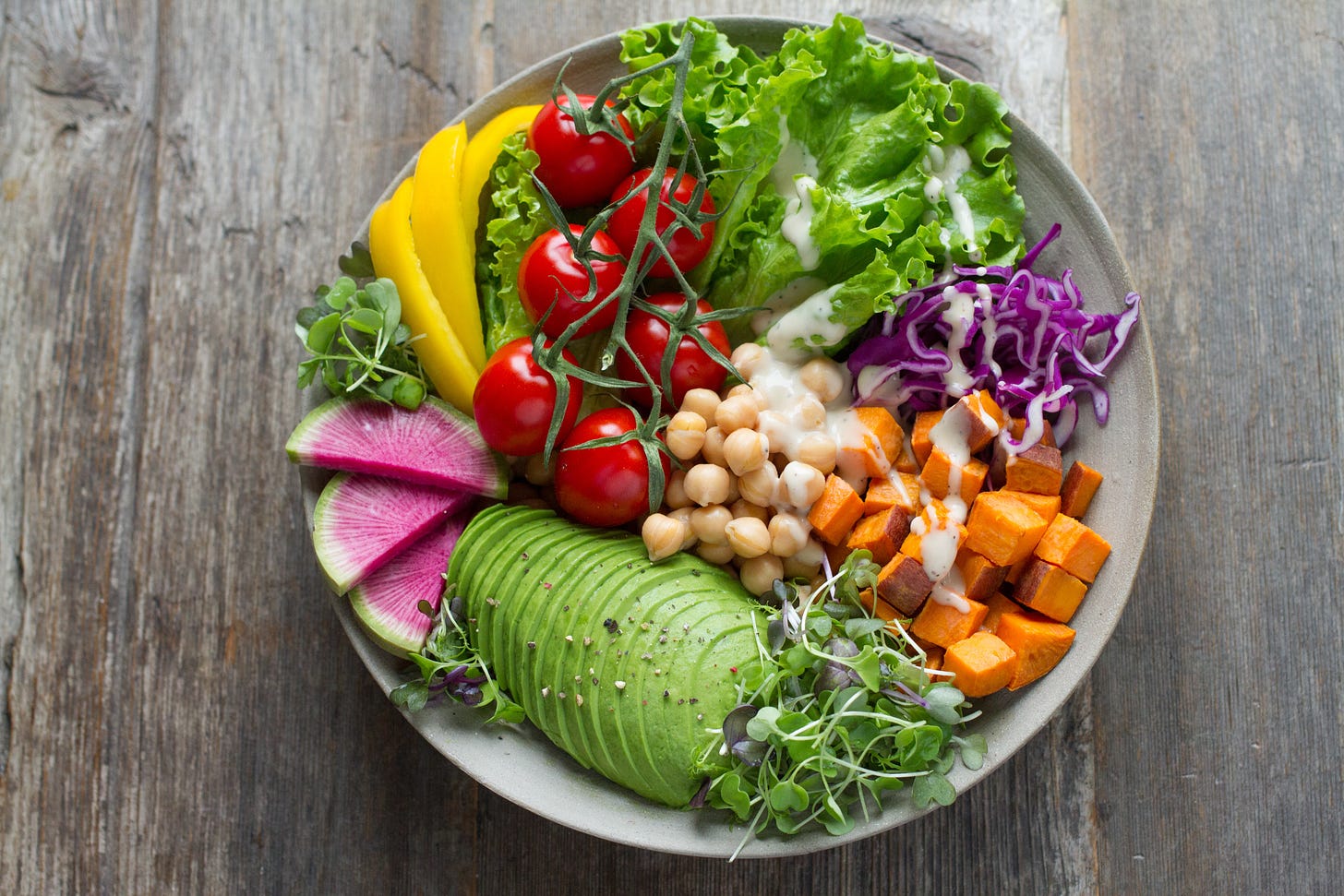Physiology Friday #139: Does Swapping Meat for a Plant-based diet Improve Athletic Performance?
Here's what happens to strength and endurance when omnivores go meat-free.
Hello friend.
Happy holidays from Physiology Friday!
I hope you’re learning something new and exciting each week from this newsletter.
I want to thank you sincerely for being a loyal reader of my Substack. As a special Black Friday deal, I’m offering 25% off of a premium subscription, forever! Click below to claim the offer and become a subscriber (and b…
Keep reading with a 7-day free trial
Subscribe to Physiologically Speaking to keep reading this post and get 7 days of free access to the full post archives.



